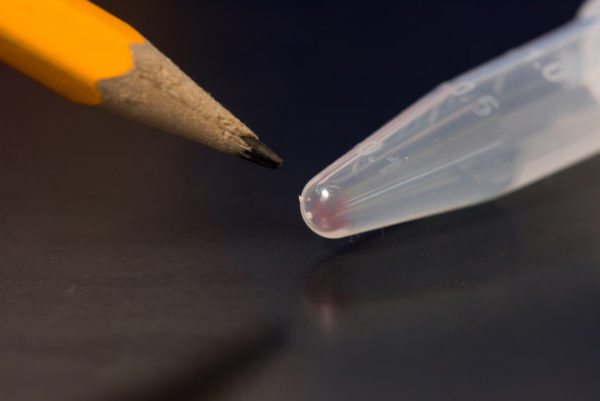
General

The University of Washington and Microsoft will take part in a federally funded effort to develop data storage techniques using synthetic DNA.
- The Molecular Information Storage program (also known as MIST) was launched this week by the Intelligence Advanced Research Projects Activity (also known as IARPA), which is within the Office of the Director of National Intelligence. It’s a multiyear research effort aimed at creating DNA-based storage systems that can archive exabytes of data — that is, billions of gigabytes of data — for millennia.
- IARPA has awarded MIST contracts to teams led by the Georgia Tech Research Institute, the Broad Institute of MIT and Harvard University, Los Alamos National Laboratory, Sandia National Laboratories and the U.S. Army Research Laboratory. Researchers at Microsoft and UW, who have been working on DNA data storage techniques for years, are on Georgia Tech’s team (whose project is called Scalable Molecular Archival Hardware and Software, or SMASH). SMASH has been allocated up to $25 million, while the Broad Institute’s Molecular Encoding Consortium will get up to $23 million.
- In collaboration with Microsoft, UW researchers will bring system architecture, data analysis and coding expertise to SMASH. Twist Bioscience, a longtime partner in UW’s research, will engineer the DNA synthesis platform on silicon that will “write” the DNA strands carrying the data. Roswell Biotechnologies will develop the DNA “reading” technology, and researchers at the Georgia Tech Research Institute will focus on fabrication techniques as well as the system’s underlying chemistry and information theory.














